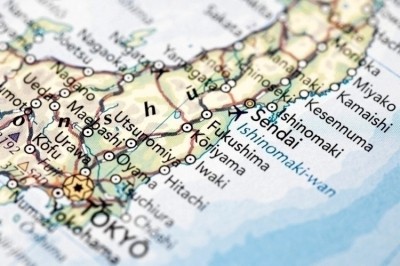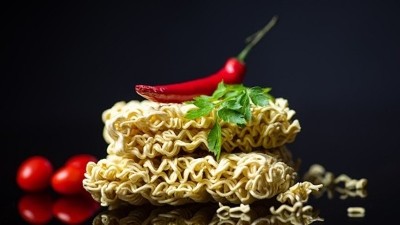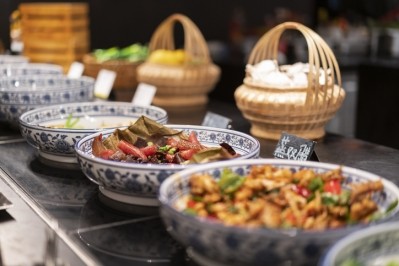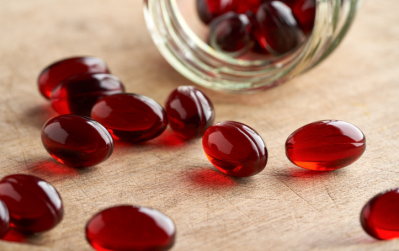Safety First: Regional food safety news from South Korea, China, New Zealand and more feature in our round-up
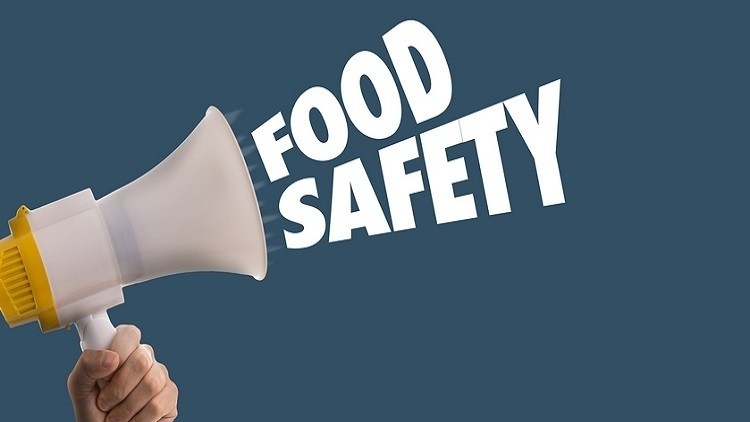
Kimchi deceit: South Korea goes digital to prevent origin adulteration amid leap in ingredient imports
South Korea is going digital in its efforts to crackdown on imported kimchi and related products masquerading as being locally produced, after identifying a large leap in the imports of ingredients traditionally used to in the sector.
The kimchi market in South Korea is in a unique position where domestically-made products are much more highly-prized than imported ones, largely due to the vast majority of imported kimchi entering the country from China and this product perceived by local consumers to be of low quality.
Locally manufactured kimchi made with local ingredients is thought of as the most ‘premium’. But in recent months, local authorities identified a large increase in the imports of ingredients used to make kimchi, leading to concerns of deceit with regard to product origins and the decision to conduct a nationwide crackdown.
Scrutinising imports: China launches mandatory overseas food manufacturer registration platform to tighten food safety
China recently launched its new online overseas food manufacturer registration platform, which is mandatory for all firms looking to export into the country from January, as official seek to improve monitoring and surveillance to ensure food safety.
The platform was launched under the state-owned China International Trade Single Window service facility and has been dubbed the China Import Food Enterprises Registration platform. Its release is in advance of the upcoming enforcement by local customs of China’s ‘Administrative Provisions on the Registration of Overseas Manufacturers of Imported Foods), which will be on January 2022.
“All overseas food manufacturers are reminded that the new regulations will come into effect immediately on January 1 2022, with no further grace period given. This will apply to all food products made overseas, not including additives or contact materials,” the General Administration of Customs of China (GACC) said in a formal statement.
GM in NZ: Food industry backs regulator’s push to update regulations amid tech advances
New Zealand’s food industry trade body will back plans put forward by Food Standards Australia New Zealand (FSANZ) to update genetically modified food regulations, arguing the rules are not becoming less strict, but instead take into account recent tech advances.
FSANZ announced earlier this year that it was seeking public comment to changing several aspects of the regulations governing genetically modified (GM) foods in the region, particularly the definitions of ‘food produced using gene technology’ and ‘gene technology’, which essentially determine which food products are classified as GM foods in these countries.
GM foods are subjected to a separate pre-market safety assessment and are required to be specifically listed in the Australia New Zealand Food Standards Code.
According to FSANZ interim CEO Dr Sandra Cuthbert, the current definitions of these two items are ‘outdated’ and ‘lack clarity’, and also carry the added issue of not capturing new and emerging genetic technologies such as new breeding techniques (NBTs).
Permission to enter: Indonesia looks to tighten processed food import controls
Indonesia is looking to introduce new trade controls on imported processed foods including a revised application process subject to government approval as well as stricter mandatory shelf-life requirements.
The new application process would require food firms looking to bring processed food items into Indonesia to obtain an approved Surat Keterangan Impor (abbreviated as SKI, Import Notification Letter) from Indonsia’s Badan Pengawas Obat dan Makanan (BPOM, National Agency of Drug and Food Control) before being allowed to import any processed foods into the country.
This newest amendment would fall under the 2021 version of the country’s food and drug import law. In the previous 2017 version, processed foods were not specified as part of the import items list required to obtain an SKI for entry – this included drugs, cosmetics, health supplements and certain fresh foods and processing ingredients, but not processed foods.
Safety stories: The Top 10 APAC food and beverage industry food safety stories in 2021
We reveal the top 10 most-read food safety stories from the food and beverage industry in 2021, featuring news regarding COVID-19 and food safety updates from Malaysia, India, China, Japan and more.
